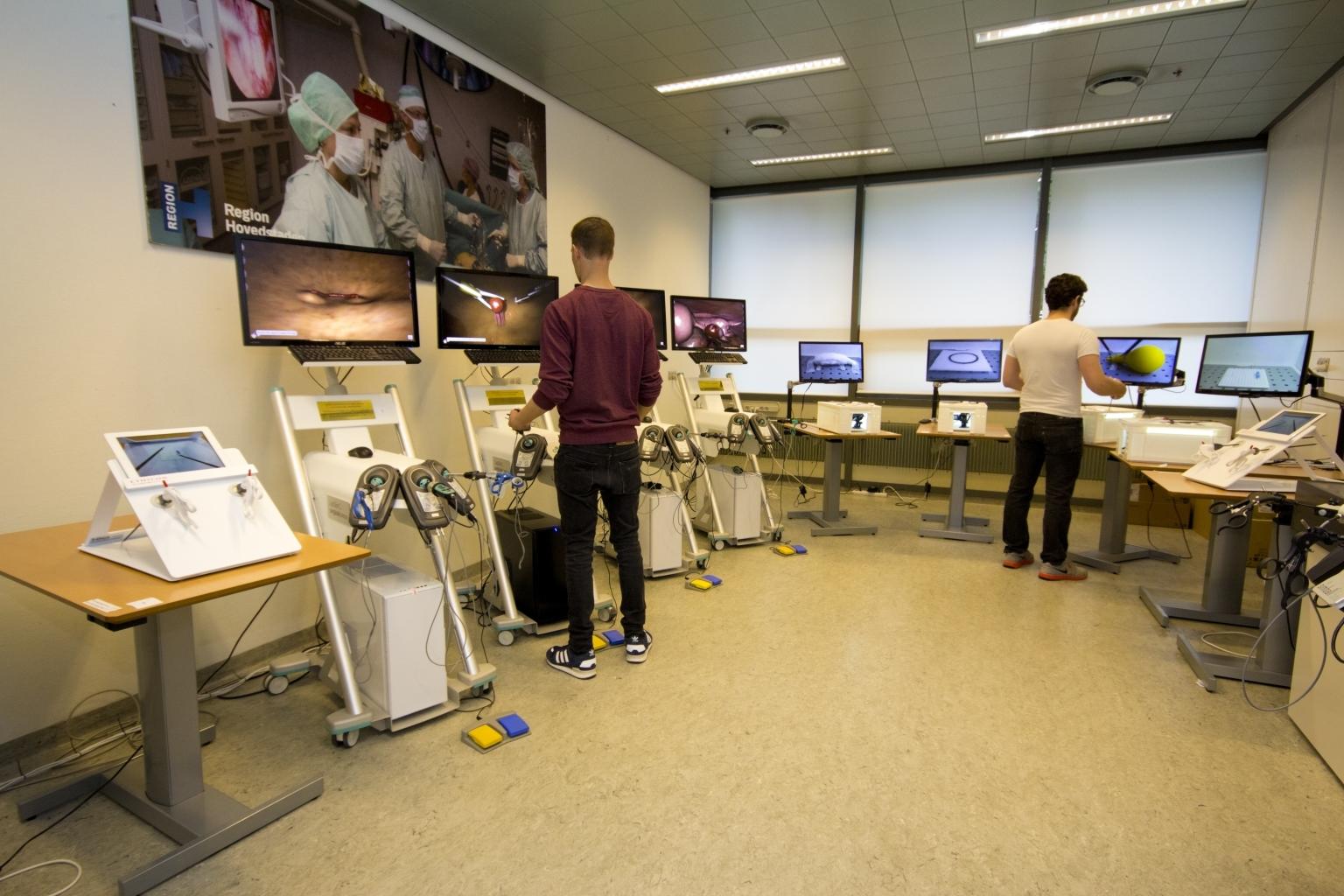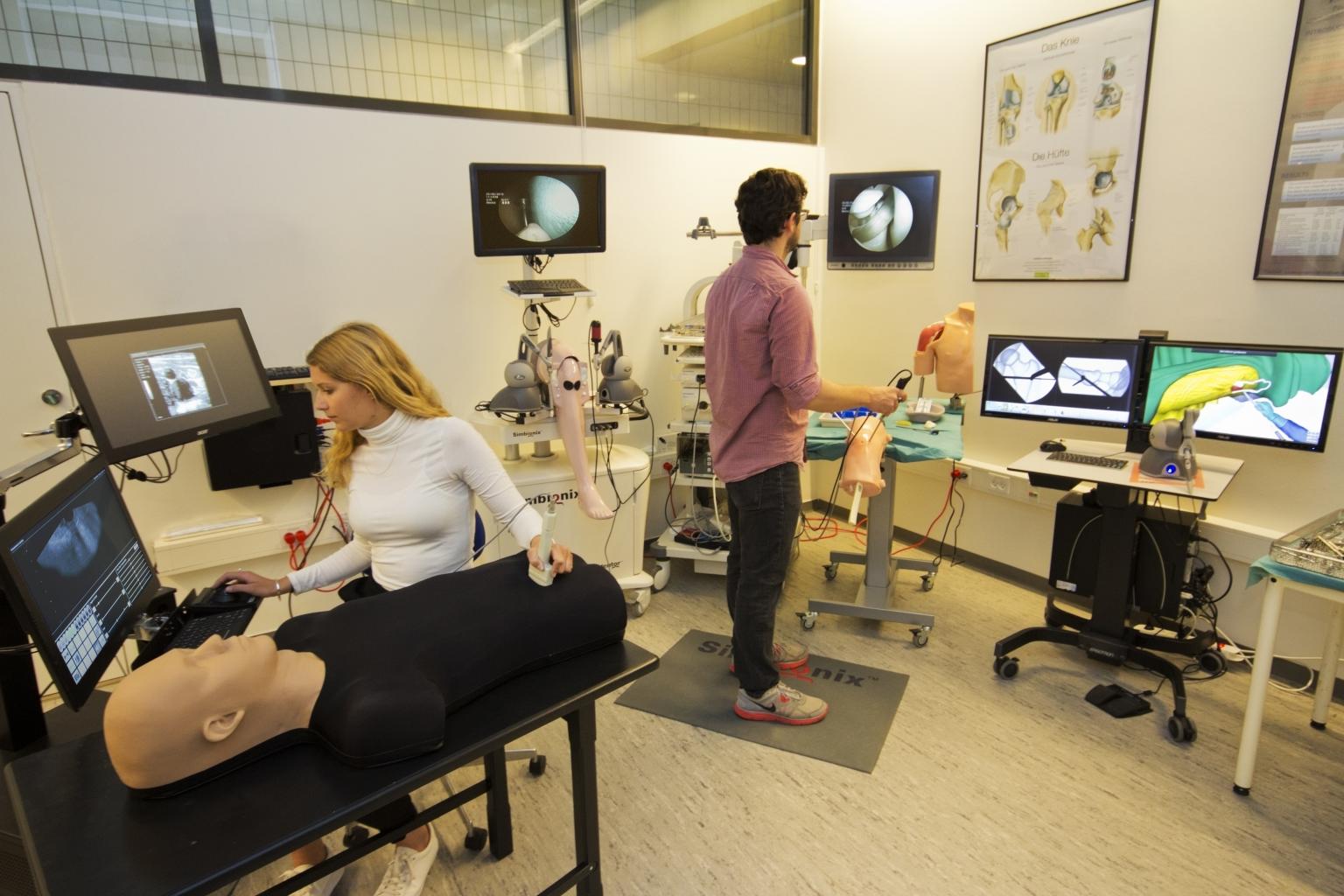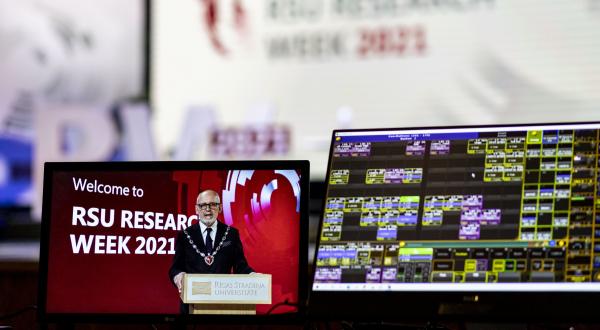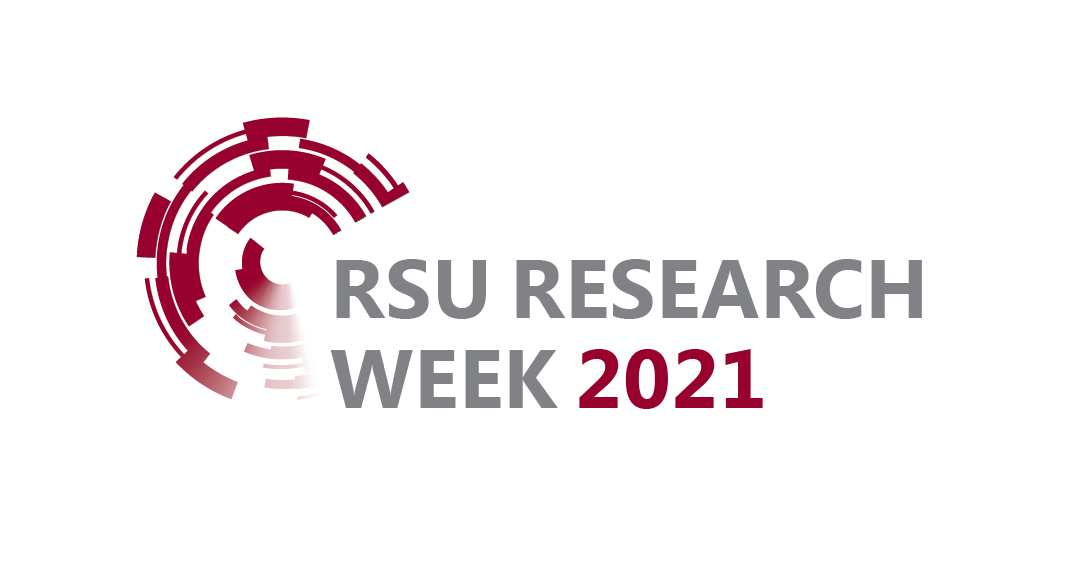Leizl Joy Nayahangan on How to Develop and Implement Simulation-Based Education
Leizl Joy Nayahangan is a full-time simulation researcher at the Copenhagen Academy for Medical Education and Simulation (CAMES) in Copenhagen. She will be speaking about simulation-based education in the University Teaching and Learning conference on 24 March at Research Week 2021. Here, she outlines what she would like to see improved in the field and some common misconceptions.
Can you elaborate on what you'll be talking about at Research Week?
My main research focus is mainly on technical simulation-based training for doctors - both medical and surgical postgraduate simulation-based education. I'm very involved in the whole spectrum of curriculum development from identifying trainees' needs and developing training programmes, to choosing what educational strategies to use, assessment, which is important in my line of work, as well as the implementation of training programmes.

CAMES is one of the world's leading academies for medical education and simulation. We are committed to improving the quality and safety of patient treatment. Our main vision is to ensure that we provide patients with the proper care and ensure that our doctors, health professionals and care workers are well trained. My talk at Research Week will revolve around questions of how we develop our training programmes and how we ensure that we develop evidence-based simulation education. I'm going to take you through a structured approach to development, starting with a general needs assessment.
How is simulation education currently implemented, and what do you want to change?
In many simulation centres, not just here in Europe, but across the world, the decision to choose what simulation-based training programmes to develop is always a challenge. Most often this decision is based on what simulation equipment is available on the market. Sometimes there's someone who's very interested in one procedure who then decides to develop a training programme around this. At other times this happens by coincidence when a simulation company donates, or lends equipment that we then develop training around, for example. So it's very unstructured. What usually happens is that they end up not being used. This is very expensive equipment that can end up in a corner gathering dust, because there's no need for it if there's no structured training programme attached to this choice of simulation equipment.

So what I'm going to talk about at Research Week is to take you through a systematic approach to performing a needs assessment to ensure that the training programmes we develop are aligned to current training needs. The title of my session is "Start right, finish right: Aligning simulation-based training to current needs".
What are some misconceptions about the use of simulations and why aren't they more widely used?
One of the challenges that we face, or one of the questions that we usually get from not just our trainees, but also from key stakeholders at hospitals, is the idea that simulation is going to change, override, or replace traditional apprenticeship training. This traditional approach has been there for over a century and it works. This is the cornerstone of medical and surgical training. One of the fears is that if we implement simulation, are we then saying that doctors don't need to train under a supervisor? That is incorrect.
As educators in simulation-based training, we really need to emphasise that simulation is not going to replace apprenticeships, but instead it's an adjunct to this training. We equip our trainees with the basic clinical skills, prior to clinical training, prior to supervised training in the clinical environment.
Is there anything at RW that you yourself are looking forward to attending?
I'm very interested to attend the section called Innovation in Medicine and Healthcare - from Research to Practice on 26 March. It aligns with what I'm currently doing. Artificial intelligence in healthcare is here now, so I think that's one of the things that I would definitely not want to miss during the week.
Related news
 RSU Research Week Breaks Attendance RecordGeneral, RW Deep Dive
RSU Research Week Breaks Attendance RecordGeneral, RW Deep Dive
